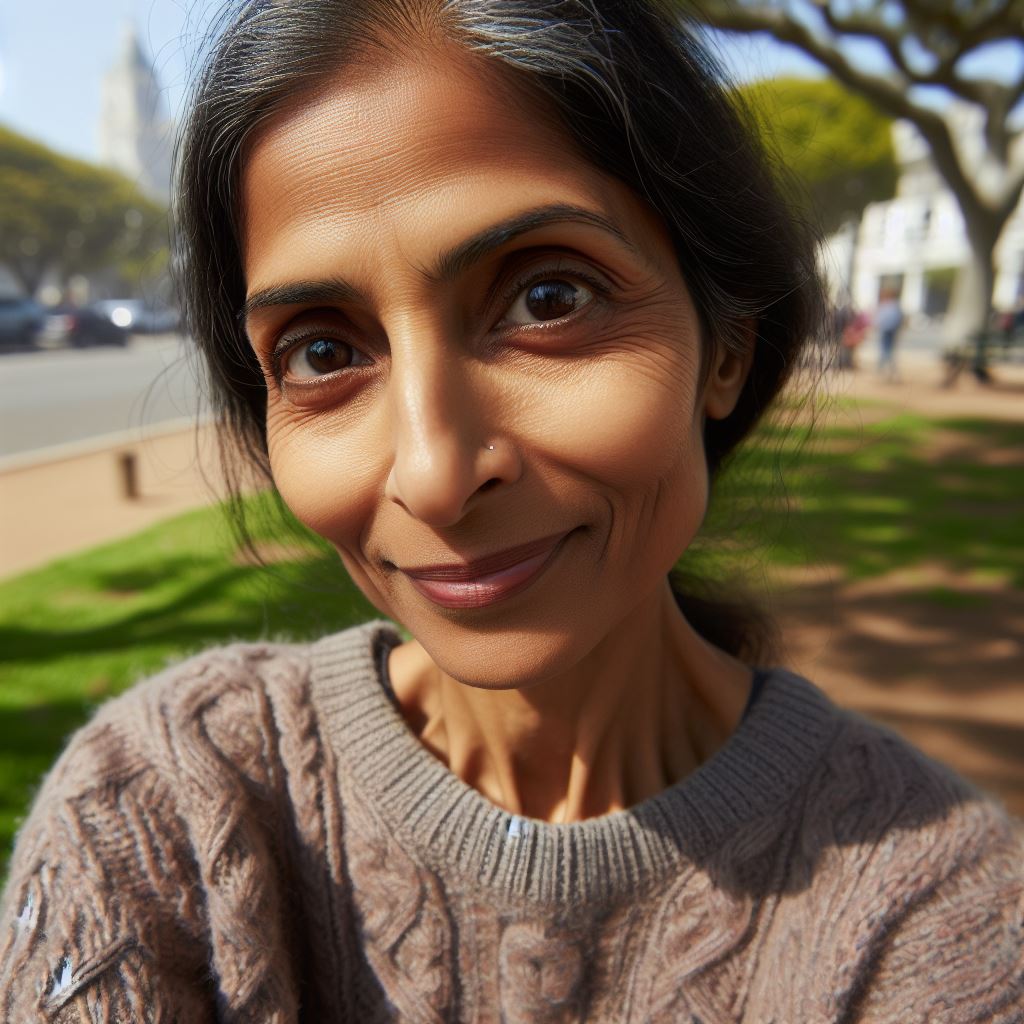In the book Night by Elie Wiesel, he uses repetition and rhetorical questions to show the reader how horrible of a time the Holocaust was . This use of the rhetorical question gets the reader thinking about all the terror and everyday unhuman lifestyle the Jews were living. ...
What phrase does Eli repeat to himself why?
The phrase they repeat is “ Long live liberty .”
Why does Elie Wiesel use repetition?
Wiesel deliberately repeats the phrase “Never shall I forget” to describe his intial impressions on arriving at Auschwitz . This allows the reader to understand just how traumatic these events were for him and how they will shape his later life. 15. Wiesel also repeats the word “night” in the first sentence.
What are 3 facts about Elie Wiesel?
Elie Wiesel would go on to write more than 40 books . He wrote in both fiction and non-fiction genres. In 1986 Elie Wiesel was awarded the Nobel Peace prize for his work in speaking out against racism, repression, and violence. Elie Wiesel has written two volumes of memoirs.
What is the most important quote in Night by Elie Wiesel?
Never shall I forget that nocturnal silence which deprived me , for all eternity, of the desire to live. Never shall I forget those moments which murdered my God and my soul and turned my dreams to dust. Never shall I forget these things, even if I am condemned to live as long as God Himself.
What is the effect of the repetition of the phrase Never shall I forget?
Never. The repetition of the phrase “Never shall I forget” illustrates how Eliezer’s experiences are forever burned into his mind; like the actual experiences, the memories of them are inescapable.
What does night symbolize?
Night is used throughout the book to symbolize death, darkness of the soul, and loss of faith . As Eliezer says himself, “The days were like nights, and the nights left the dregs of their darkness in our souls” (7.22). Night is thus a metaphor for the way the soul was submerged in suffering and hopelessness.
Why does Elie Thank God for mud?
Why does Elie thank God for mud? He got new shoes, so the mud was concealing them so he wasn’t hit by the guards , and didn’t yet have to give up his shoes. What choice does each man have at Auschwitz? They have the option to work or go to the crematorium.
What did Elie mean when he said Never shall I forget?
In Night, when he says “Never shall I forget those flames that consumed my faith forever ,” Elie Wiesel means that after his experience of the mass-murder at Auschwitz, he was never able to recover his faith in God.
Why do you suppose no one tries to escape?
Why do you suppose no one tries to escape? – No one tries to escape because they are scared to get shot and die .
What are 10 facts about Elie Wiesel?
- Night is the first in a trilogy. ...
- He was reunited with his sister after she saw him in a photo. ...
- He appeared in a famous Holocaust photograph. ...
- He married a fellow Holocaust survivor. ...
- He was struck by a car the first time he visited the United States.
What was Elie’s goal?
For the world to remember and learn from the Holocaust was not Elie Wiesel’s only goal. He thought it equally important to fight indifference and the attitude that “it’s no concern of mine”. Elie Wiesel saw the struggle against indifference as a struggle for peace.
Is Elie Wiesel a girl or boy?
Elie Wiesel (/ˈɛli ˌviːˈzɛl/, born Eliezer Wiesel Hebrew: אֱלִיעֶזֶר וִיזֶל ʾÉlīʿezer Vīzel; September 30, 1928 – July 2, 2016) was a Romanian-born American writer, professor, political activist, Nobel laureate, and Holocaust survivor.
What does silence represent in the book Night?
Silence represents the fate of the Jews, their powerlessness, and the absence of God . Elie Wiesel wrote Night after breaking his personal vow of silence about the Holocaust. One of the reasons he did so was to be a voice for those who died.
What are the quotes of Night?
- “I like the night. ...
- “Those who dream by day are cognizant of many things which escape those who dream only by night.” ...
- “I have loved the stars too fondly to be fearful of the night.” ...
- “The darker the night, the brighter the stars, ...
- “How did it get so late so soon?” ...
- “Each night, when I go to sleep, I die.
